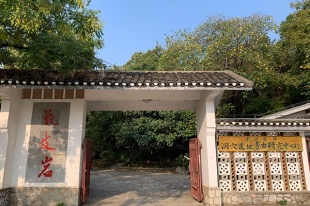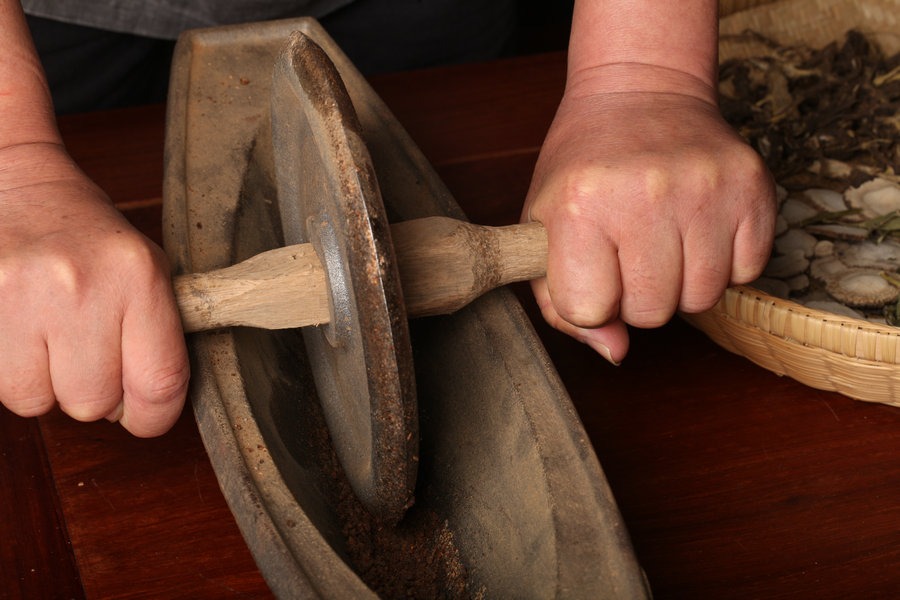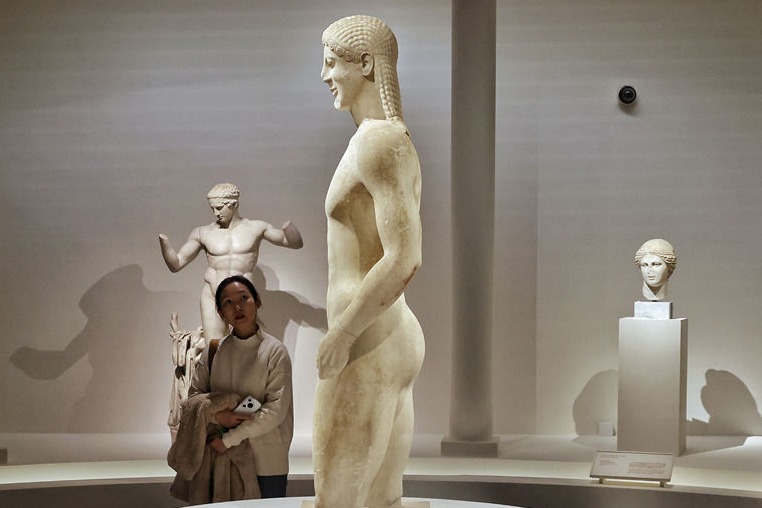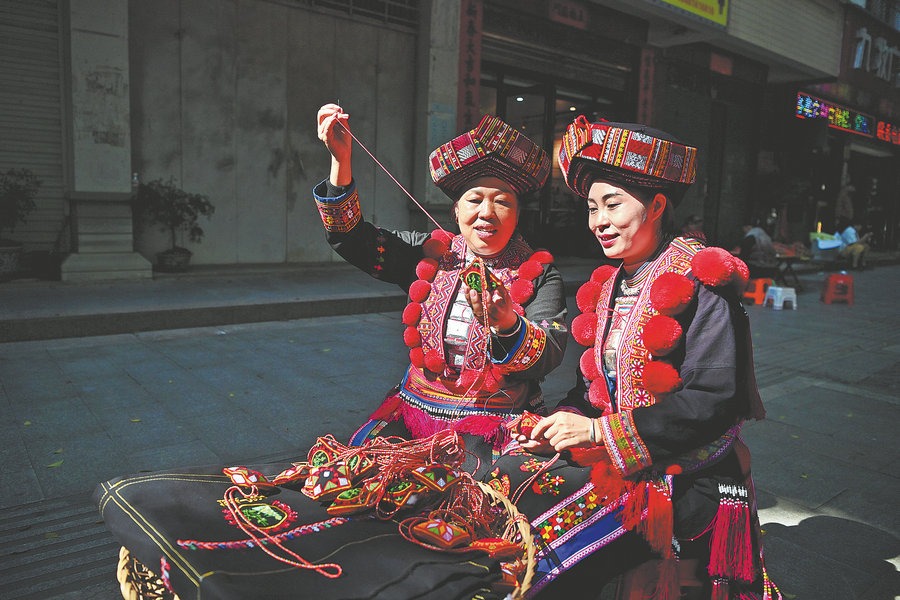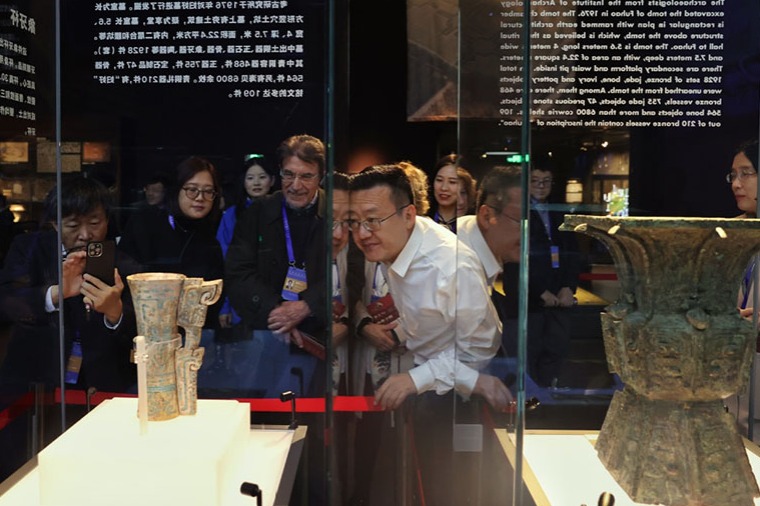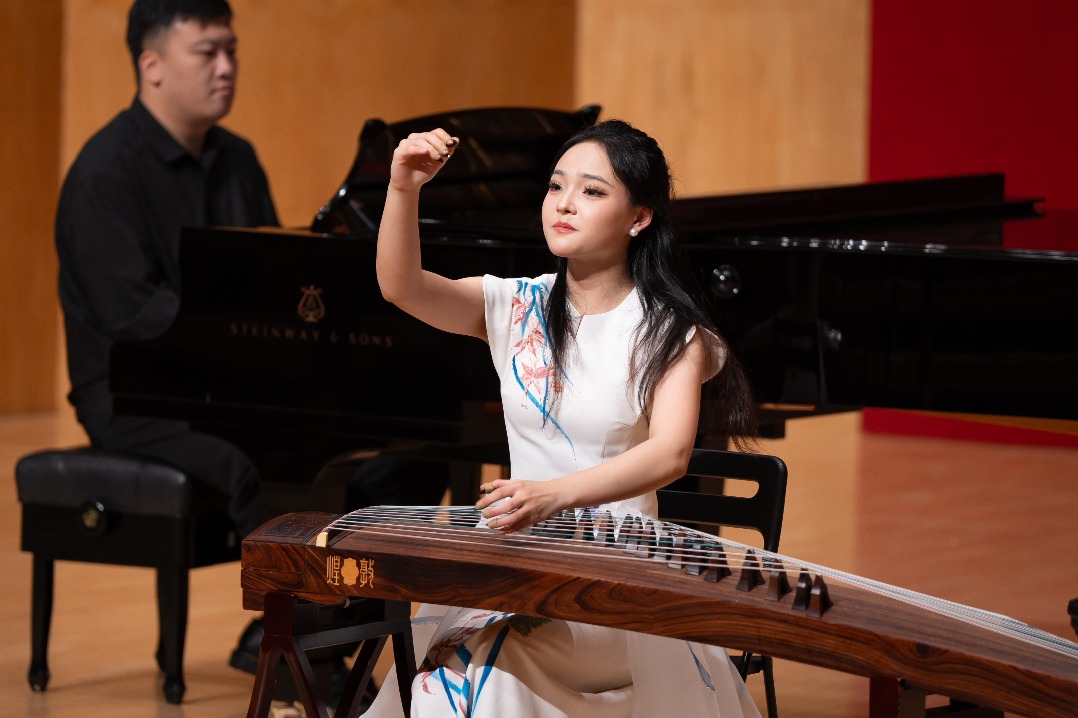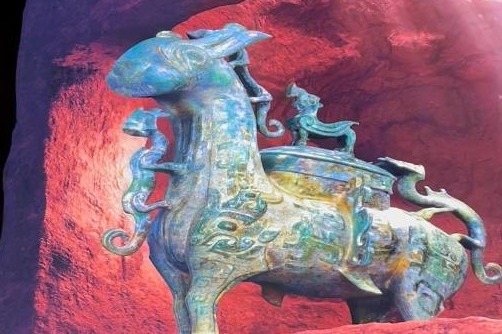Archaeology forum looks at heritage protection


A two-day key national forum exploring public education, publicity, and archaeological tourism was held in Guilin, South China's Guangxi Zhuang autonomous region on Thursday.
The theme of the seventh annual Chinese Public Archaeology Forum was "Heritage Protection and Urban Development". It was organized by the Institute of Archaeology, which is affiliated with the Chinese Academy of Social Sciences, the Cultural and Tourism Department of the Guangxi Zhuang autonomous region, and the city government of Guilin.
Two keynote speeches and three panel symposiums were included in the forum, which attracted more than 200 delegates nationwide from the field.
Other major focuses of the forum were the balance of archaeology and urbanization, construction of infrastructure and economic development.
Through the investigation and excavation of a group of prehistoric cultural sites, such as the Paleolithic site in city of Baise, which dates back 800,000 years, and the Zengpiyan site, which dates back 12,000 to 7,000 years in Guilin. The general framework of prehistoric archaeology has been established, among which the discovery of the Baise hand-axe stands out.
Finding of the 800,000-year-old axe broke a Western theory downplaying the development level of early-stage Chinese Paleolithic culture, which was set up by American anthropologist Hallam L. Movius that had dominated academic circles for over half a century.
Public education of archaeological activities in Guangxi Zhuang has also won great achievement. Establishment of the Zengpiyan Archaeological Park and relevant courses for school students have made archaeology approachable for youth.
"Archeologists are messengers of information, which was sent by modern society and people to ancient times," Wang Renxiang, a researcher with CASS, said. "Archeologists should have their own responsibilities and serve contemporary and future society".
Wang Wei, director of the Society of Chinese Archaeology, said we should better acquaint the public with what members do and that a global view is essential for development of Chinese archaeology.
The inaugural edition of the public archaeology forum was held in 2013 in Zhengzhou, Central China's Henan province.


